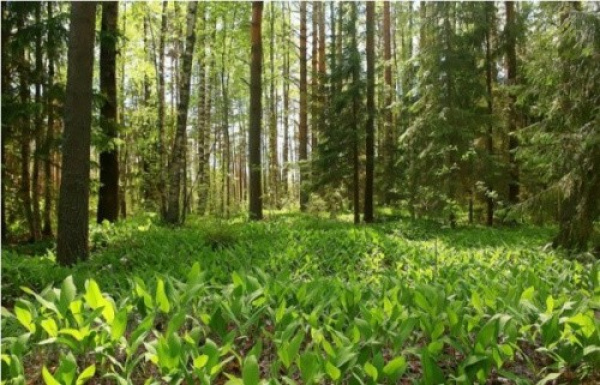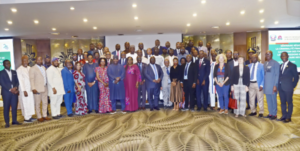Togo forest restoration took a major step forward on Thursday, September 18, in Sokodé, as a new phase of the Forest Landscape Restoration project was launched. The milestone came with the establishment of a National Working Group that will act as a steering committee. Its creation reflects Togo’s determination to strengthen governance and accelerate progress in restoring degraded landscapes. The launch meeting provided the first opportunity for members to assess challenges and map solutions.
The two-day session, organized by the Ministry of Environment and Forest Resources, carried strong support from German cooperation through GIZ. The gathering formed part of the Forest4Future project, which promotes sustainable forest governance. With participants from diverse sectors, the meeting combined expertise and experience to ensure realistic strategies. Therefore, the roadmap developed is expected to guide future actions with clarity and focus.
Discussions revealed both progress and obstacles. While several activities have already delivered promising results, challenges continue to slow momentum. Participants acknowledged gaps in coordination, limited resources, and technical constraints. However, instead of discouragement, the group viewed these issues as opportunities for collective problem-solving. Their commitment to collaboration became evident as stakeholders united around a shared vision.
The National Working Group was designed to provide leadership and oversight. Its role is not merely administrative but strategic, ensuring that every action contributes to national goals. Members agreed that sustainable forest management requires continuous engagement across government, civil society, and local communities. By aligning their efforts, the group will help reduce duplication and promote synergy. Moreover, their consensus-building process guarantees that solutions are both inclusive and practical.
The support of German cooperation through GIZ added weight to the proceedings. International backing reflects global recognition of the importance of Togo’s forests. Beyond national borders, forest restoration contributes to climate action, biodiversity protection, and regional stability. Therefore, the success of Togo’s initiatives carries significance far beyond its boundaries. It demonstrates how local action can align with global commitments on sustainability.
During the deliberations, participants developed a roadmap to operationalize the group’s work. The plan focused on accelerating ongoing actions, monitoring progress, and addressing challenges quickly. This structured approach allows the project to stay adaptable while maintaining accountability. Furthermore, it ensures that lessons learned are applied to improve future implementation. The roadmap stands as both a guide and a commitment to results.
The atmosphere throughout the meeting carried optimism. Despite the obstacles, stakeholders believed in the transformative power of restoration. They recognized that healthy forests sustain livelihoods, secure ecosystems, and contribute to economic growth. By restoring landscapes, Togo invests not only in the environment but also in the wellbeing of its citizens.
As the National Working Group begins its work, expectations are high. The Togo forest restoration project has already demonstrated progress, but this new phase represents a turning point. With stronger governance, clearer strategies, and broader cooperation, the nation is poised to accelerate its journey. The next steps will require persistence, unity, and innovation, but the foundation laid in Sokodé offers real hope for a greener future.





